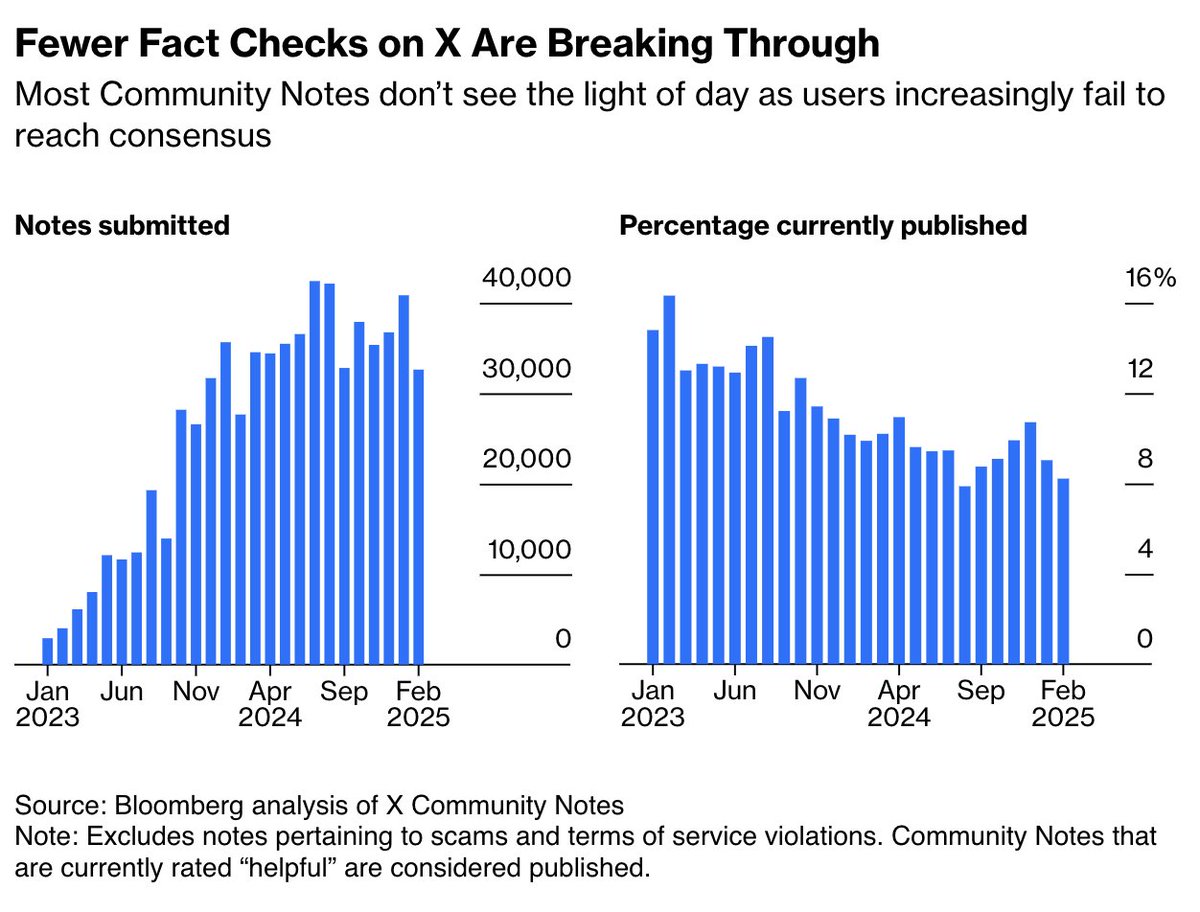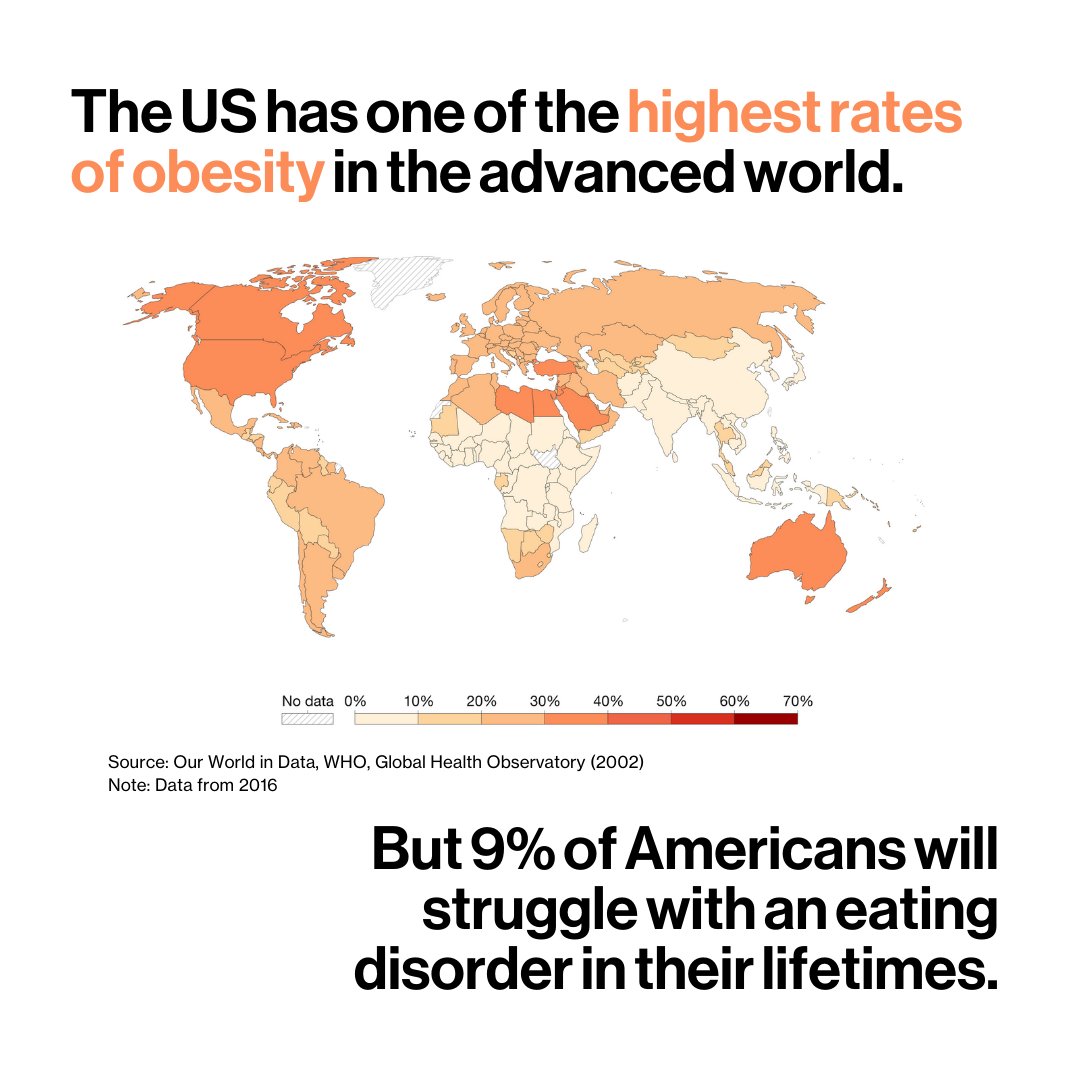About 75% of emerging diseases are zoonotic, meaning they’re caused by pathogens found naturally in animals.
Diseases which made the leap from animals to humans include:
🦠Ebola
🦠HIV
🦠Bird flu
🦠SARS bloom.bg/2QVvGuw
Diseases which made the leap from animals to humans include:
🦠Ebola
🦠HIV
🦠Bird flu
🦠SARS bloom.bg/2QVvGuw
According to the WHO’s recent investigation into the
pandemic's origins, Covid-19 likely started this way too.
Some governments have expressed concerns about this inquiry — but there’s no denying that the threat of zoonotic diseases is real and urgent bloom.bg/2QVvGuw
pandemic's origins, Covid-19 likely started this way too.
Some governments have expressed concerns about this inquiry — but there’s no denying that the threat of zoonotic diseases is real and urgent bloom.bg/2QVvGuw

China, whose legal wildlife trade was estimated to be worth $80 billion in 2016, should be at the center of efforts to prevent this.
The government already banned the breeding and sale for consumption of most terrestrial wildlife, but it’s not enough bloom.bg/2QVvGuw
The government already banned the breeding and sale for consumption of most terrestrial wildlife, but it’s not enough bloom.bg/2QVvGuw

Chinese authorities have:
➡️Shut down thousands of farms where wild animals were raised for meat
➡️Closed several markets, including online, where they were sold
➡️Added more than 500 species to its protected wildlife list bloom.bg/2QVvGuw
➡️Shut down thousands of farms where wild animals were raised for meat
➡️Closed several markets, including online, where they were sold
➡️Added more than 500 species to its protected wildlife list bloom.bg/2QVvGuw

The law has loopholes. Many wild animals can still be bred for:
➡️Fur
➡️Research
➡️Use in traditional Chinese medicine
Unless farms follow strict quarantine, veterinary and butchering protocols — which they typically haven’t — new diseases could develop bloom.bg/2QVvGuw
➡️Fur
➡️Research
➡️Use in traditional Chinese medicine
Unless farms follow strict quarantine, veterinary and butchering protocols — which they typically haven’t — new diseases could develop bloom.bg/2QVvGuw

The problem certainly isn’t confined to China:
Cramped and unsanitary wildlife markets are trading in many other parts of the world, notably Southeast Asia and Africa. Phasing out such markets demands a global effort bloom.bg/2QVvGuw
Cramped and unsanitary wildlife markets are trading in many other parts of the world, notably Southeast Asia and Africa. Phasing out such markets demands a global effort bloom.bg/2QVvGuw

Illegal wildlife trafficking needs cracking down on. A dip in seizures during the pandemic may be temporary.
As cross-border trade picks up, poachers and traffickers should be identified and prosecuted.
Publicity campaigns can help as well bloom.bg/2QVvGuw
As cross-border trade picks up, poachers and traffickers should be identified and prosecuted.
Publicity campaigns can help as well bloom.bg/2QVvGuw

The legal trade in wild animals needs attention, too.
The U.S. is the world’s largest importer of wildlife — and no animals are inspected for novel pathogens.
U.S. agencies should develop a system to ensure imports are tested bloom.bg/2QVvGuw
The U.S. is the world’s largest importer of wildlife — and no animals are inspected for novel pathogens.
U.S. agencies should develop a system to ensure imports are tested bloom.bg/2QVvGuw

Finally, the world should focus on the main underlying cause of zoonotic transmission: Habitat destruction
bloom.bg/2QVvGuw
bloom.bg/2QVvGuw

Different species are being shoved into closer contact with one another and with humans, thanks to:
🌳Deforestation
⛏Mining
🚜Intensive farming
🏗Other development bloom.bg/2QVvGuw
🌳Deforestation
⛏Mining
🚜Intensive farming
🏗Other development bloom.bg/2QVvGuw

This close contact enables viruses to mutate and spread.
The pandemic might serve to heighten this danger, because countries will put reviving their economies first, and hesitate to hold such activities back bloom.bg/2QVvGuw
The pandemic might serve to heighten this danger, because countries will put reviving their economies first, and hesitate to hold such activities back bloom.bg/2QVvGuw

Governments everywhere need to think very hard. Ignoring the issue now is a formula for more pandemics in future.
And, difficult as this might be to believe, next time could be worse bloom.bg/2QVvGuw
And, difficult as this might be to believe, next time could be worse bloom.bg/2QVvGuw
• • •
Missing some Tweet in this thread? You can try to
force a refresh














